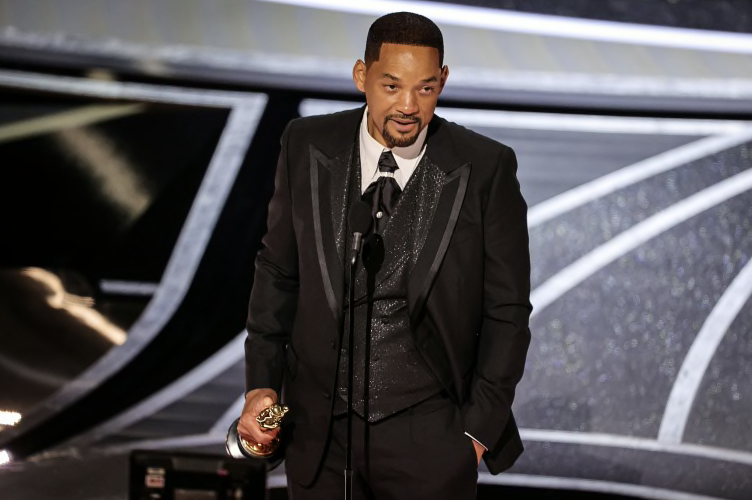The name “Will Smith” means far more than it used to. Beyond an actor, he has become a blank canvas upon which to project discussions on race relations, class warfare, and basically anything else you want to talk about. After the Oscars, Twitter exploded in a million different directions. People debated whether to shame Will Smith or Chris Rock. They meticulously assessed Smith’s relationship with his wife. They searched through his past with the thoroughness of criminal investigators. He has been called an abuser as many times as he’s been called abused. He’s been publicly diagnosed with everything from anger issues to anxiety disorders. Will Smith isn’t the only one– this trend of diagnosis via public opinion started with people commenting on Britney Spears’ “meltdown” way back in 2007, and hasn’t stopped for a moment since.
The trend of “diagnosing” celebrities is a practice that should be dying as society works to destigmatize mental illness. However, that destigmatization seems to only apply for certain symptoms. Things like mild depression and anxiety are almost commonplace, but more serious, “scary” mental illnesses (such as personality disorders) are still very much taboo, especially in the public sphere. They’re used as catch-all explanations for “odd” behavior– quick answers to the question, “Jesus, why do they act so crazy?” Every time Kanye West enters the news, his bipolar disorder diagnosis litters Twitter feeds. Back in 2013, after Miley Cyrus’ controversial performance at the VMAs, people were quick to blog about her potential slew of mood disorders and addictions. It’s almost as though we see everything bad a public figure does as something that can be pulled into one uniform condition, easy to digest, with symptoms on WebMD for the world to see.
Due to our shortening attention spans, all we need is one word to describe someone’s entire personhood. We feel less and less for these people, and yet we act educated enough to apply blanket labels for their emotional and mental struggles. As we continue to repeat these terms in reference to celebrity cultures, they lose their meanings. “Gaslighting” has become a stand-in for “lying”, and the word “triggering” (meant to describe something that reminds a person of a traumatic experience) now signifies childlike petulance. Everything gets pathologized.
These disorders aren’t becoming accepted parts of society– they’re becoming the opposite. We collectively wash meaning out of these words with each diagnosis, bleaching them into buzzwords. They become useless. And the celebrities at the center of this era of public diagnosis only help to turn these words into hashtags. Abuse is a serious thing, not to be tossed out casually in a tweet. Same with bipolar disorder. Same with mood disorders, personality disorders, and addictions. These are nuanced. The meaning of words ultimately is not decided by the dictionary but by public use. We give words meaning, and we take meaning away. We should collectively treat these terms and diagnoses with caution and respect. Will Smith, as far as we know, is not “toxic” for hitting Chris Rock, and he’s not “abused” because he got a side-eye glance from his wife– and if he is, it’s up to professionals and not public opinion to decide how to deal with that.






